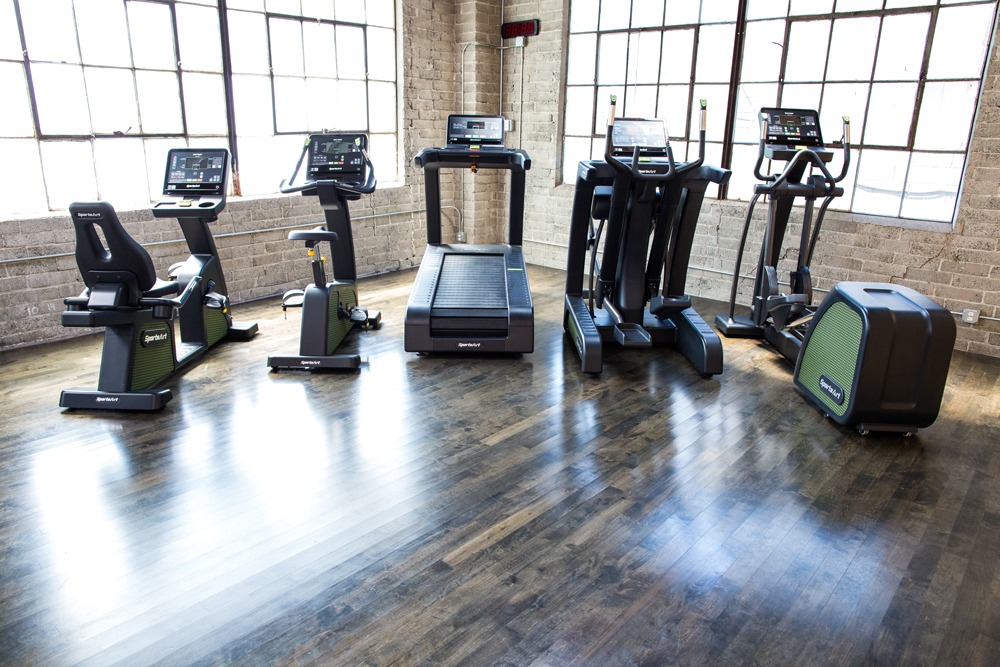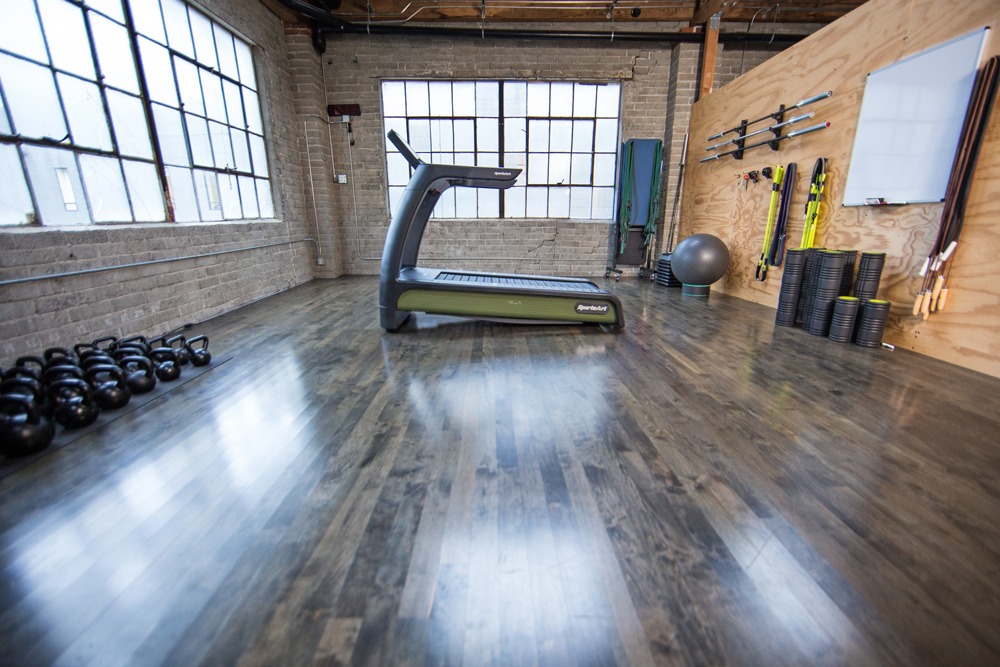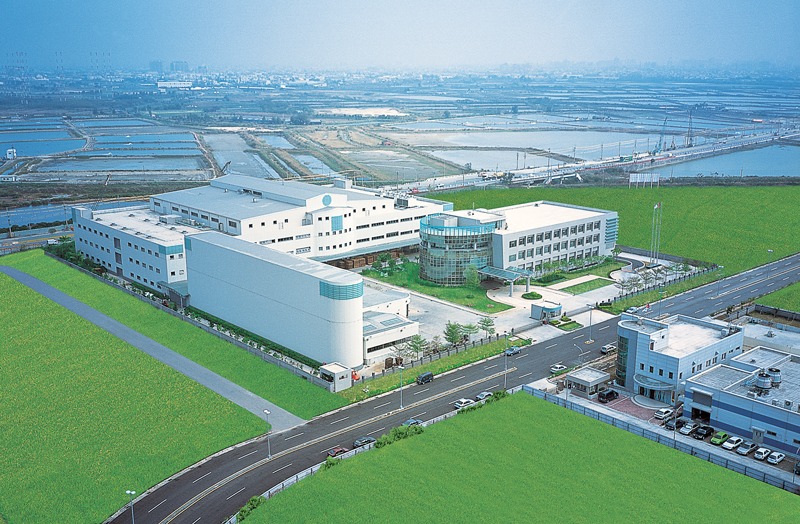SportsArt is committed to leading the fitness industry in eco-friendly action through research,
design and education on sustainable business solutions and practices. We are dedicated
to forward-thinking innovation that allows us to create products which are not only socially
and environmentally responsible, but also solve problems for facility owners.
PRODUCT INNOVATION
SportsArt has a long history of eco-friendly product innovation. As one of the first manufacturers
In 2007, SportsArt brought to market the first ECO-DRIVE™ treadmill motor. This motor system is
SportsArt’s latest eco-friendly innovation is the revolutionary ECO-POWR™ line. ECO-POWR™ is a series

RECYCLING
Besides helping the environment through the product design initiatives, SportsArt has gone lean and
green in its daily operations by recycling paper, reusing boxes for parts packaging and replacing
standard bulbs with energy-saving fluorescent lights. SportsArt also currently uses 60-70%
post-consumer paper in cardboard equipment packaging.

WATER CONSERVATION
Under buildings at the Tainan, Taiwan factory, tubes store up to 7,500 metric tons of rainwater which
is used for watering the grounds. About 100 metric tons of waste water from the production line also
helps keep grass and flowers green. Waste water from the painting process ends up washing the dirt off
the street and keeping roadsides green – after treatment at the factory and a local water processing plant.

ENVIRONMENTAL IMPACT
In 2003, the Tainan, Taiwan factory was awarded the second place in a national contest for environmental beautification and building/landscape design. Judges noted the use of open space, complementary building materials and the koi pond as exemplifying the design of a stress-reducing environment.
Most recently, in January 2011, SportsArt’s Taiwan factory became ISO-14001 certified. ISO-14001 certification shows that SportsArt is committed to identifying and controlling the environmental impact of business activities, products and services, and to continually improve environmental performance by implementing a systematic approach to setting environmental objectives and targets.
Eco-friendly aspects of the factory include:
-
An air conditioning system that doesn’t turn on until the temperature exceeds 28 degrees Celsius
-
Tinted windows that let sunlight in but keep heat out, reducing the need for electric lights
-
An innovative, sandwich-like exterior that naturally cools the building





